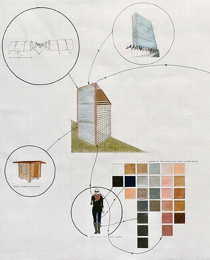
I can say, perhaps a little playfully but not altogether inaccurately, that I’ve chosen to engage with the very first political concept—certainly in name, if nothing else. But as you will see my reading is precisely to demonstrate how, from its initial invocation (from its archē, as it were), this concept renders any notions of the first or of the one impossible, indeterminable, an-archic.

